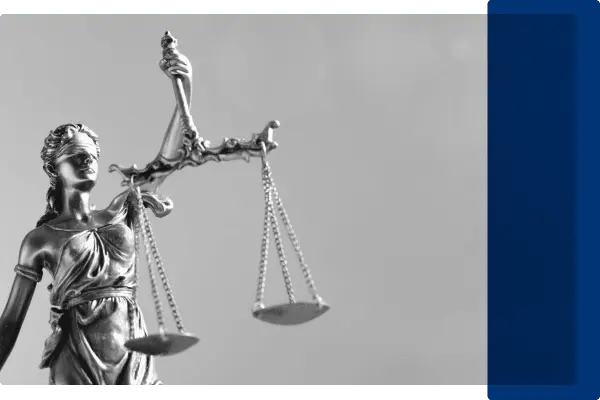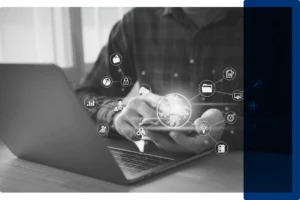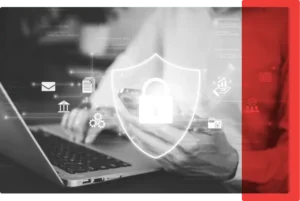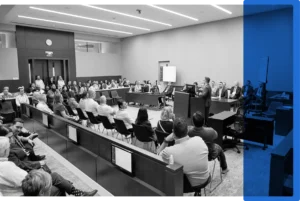
17 Oct
2024
International Day for the Eradication of Poverty: Reflecting on the Critical Connection Between Poverty and Access to Justice
For this year’s International Day for the Eradication of Poverty, we are reflecting on the critical connection between poverty and socioeconomic status and access to justice.
According to the United Nations, people in poverty face interconnected barriers—dangerous work conditions, unsafe housing, lack of nutritious food, lack of political power, and unequal access to justice—that perpetuate poverty and prevent them from realizing their rights.
Socioeconomic status can often impact people’s ability to resolve conflicts and address everyday legal problems. Instead of empowering individuals to exercise their rights, the justice system can often be a source of frustration and exclusion. The inability to resolve legal issues contributes directly to the challenge of maintaining basic living standards, reinforcing social inequality.
For many, the cost of legal representation and court records compounds these barriers, making justice even less attainable. The ongoing stenographer shortage in many U.S. states means many proceedings occur without any means to capture the record. In some states, civil litigants must hire a private stenographer—sometimes costing up to $4,000 per day—to effectively preserve their right to appeal.
While litigants who file a timely fee waiver are legally entitled to a court reporter and transcript at no cost, this right becomes meaningless if there are no court reporters available to fulfill the request. This lack of access disproportionately impacts marginalized communities, preventing them from resolving legal issues and perpetuating cycles of poverty and exclusion from justice.
Unresolved legal issues can prevent individuals from securing housing, employment, or other essential resources necessary for stability and well-being. Other times, a lack of access to a court record could mean an individual loses custody of their children. The impact on litigants is profoundly damaging and long-lasting.
Preserving a record of proceedings is fundamentally a public service, and access to court records should not be a burden on those with limited resources. Justice should not be a privilege reserved for those who can afford private stenographers or costly transcripts.
Ensuring affordable and accessible court records is key to making the legal system more inclusive and fair for all, regardless of financial means. It is essential for justice systems to enhance their efforts to promote inclusion and empower individuals affected by poverty, while also working to improve their access to justice.



